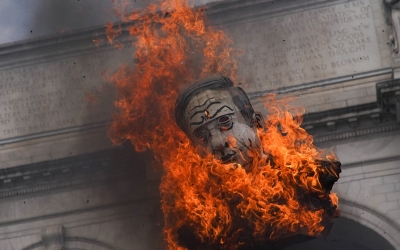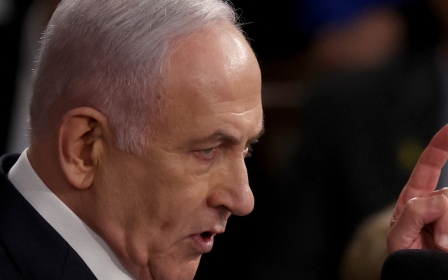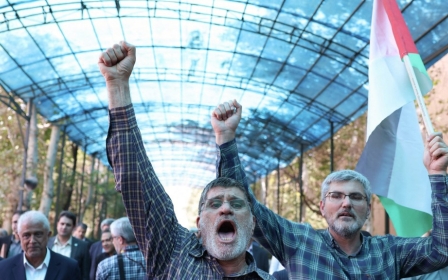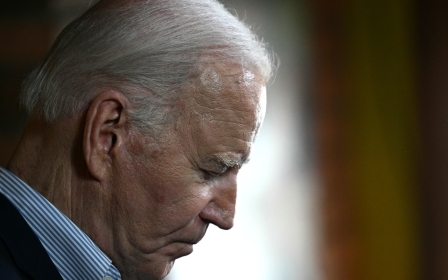Haniyeh killing: Why Netanyahu launched his three-pronged offensive now
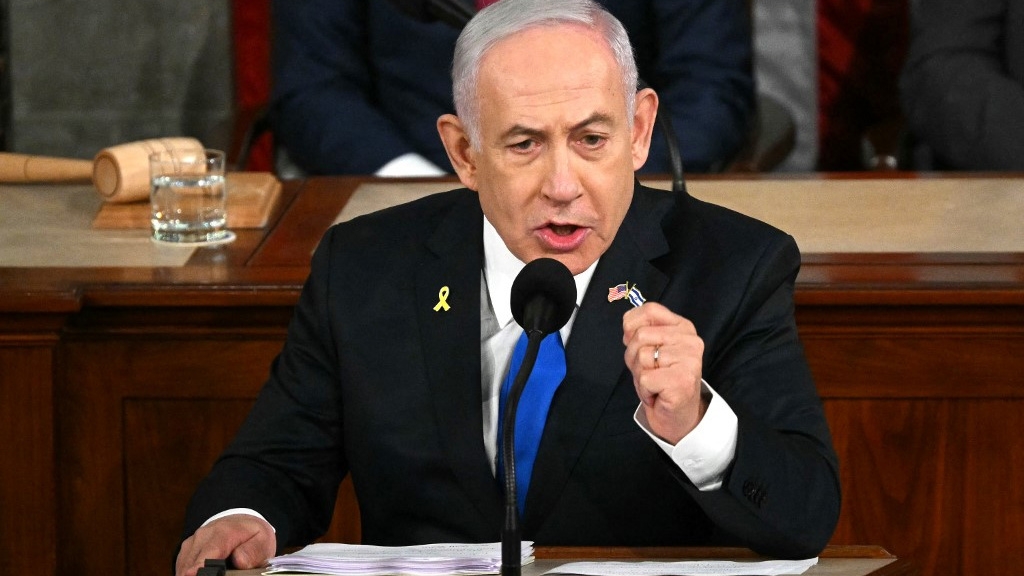
There might be a compelling thread connecting the incredible set of events that we saw unfold in July.
Former US President Donald Trump remains in the presidential race despite recent felony convictions, while Kamala Harris, one of the most insignificant vice presidents in American history, is now the Democratic Party’s candidate after the forced withdrawal of Joe Biden.
Suddenly, Harris is being portrayed as a political genius and an elder stateswoman - although the sad reality is that she is for the Democratic Party what former President George H W Bush’s vice president, Dan Quayle, was for the Republicans in the early 1990s.
In this context, Israeli Prime Minister Benjamin Netanyahu has just offered another outstanding performance of two unique political skills: his manipulation of the American political system, and his unmatched talent as the US Republican Party’s top activist and strategist.
He entered the US Congress circus and was able, as a clever tamer, to make politicians jump up dozens of times in standing ovations, during one of the more mendacious speeches ever uttered in a political chamber.
New MEE newsletter: Jerusalem Dispatch
Sign up to get the latest insights and analysis on Israel-Palestine, alongside Turkey Unpacked and other MEE newsletters
He was right in saying that what is going on is a battle between civilisation and barbarism, but flatly wrong in thinking that his government is on the side of civilisation.
It is enough to see what Israeli forces have wrought in Gaza, and what is happening inside the Israeli prison system, where torture and rape are now defended.
Nightmare scenario
Back from his US trip, Netanyahu swiftly ordered an attack in Beirut to kill a senior Hezbollah commander, and another in Tehran to kill Hamas’s political bureau chief, Ismail Haniyeh. He thus performed a splendid trifecta, inflicting two significant blows on Hezbollah and Hamas, and an unforgettable slap in the face to their backers in Tehran.
There are two possible interpretations of this Israeli escalation.
Follow Middle East Eye's live coverage of the Israel-Palestine war
The first is that Netanyahu is preparing the Israeli public for a possible deal where Israel will claim victory after having decimated Gaza, killed top Hamas leaders (Haniyeh and military chief Mohammed Deif), and sent a strong warning to Hezbollah that it could just as easily kill leader Hassan Nasrallah in Beirut.
As for Iran, Netanyahu might believe that the Islamic Republic will treat Haniyeh’s killing with the same restrained realism shown in the case of Qassem Soleimani’s assassination.
The second, more nightmarish interpretation is that the Israeli prime minister is deliberately escalating the conflict to compel the US to step in before either Trump or Harris enters the White House next January.
In the first case, he knows how unpredictable the former president is - and Trump does not want to inherit a war in the Middle East. The relationship between Trump and Netanyahu has also been rocky since Trump's 2020 election loss, although it seems to have warmed again in recent days.
In the second case, Netanyahu does not want to run any risks, because the Israeli establishment does not know for sure what Harris thinks about the Middle East.
Of course, nobody can be certain that the “axis of resistance” will follow the Israeli script. If it is true that the events of 7 October forever broke Israel’s previously enjoyed deterrence power, we might have reached an inflection point where the axis of resistance will test it.
My modest impression (and hope) is that the axis will instead opt to continue its current strategy against Israel, which consists of inflicting on it a slow death by 1,000 cuts.
The views expressed in this article belong to the author and do not necessarily reflect the editorial policy of Middle East Eye.
Middle East Eye delivers independent and unrivalled coverage and analysis of the Middle East, North Africa and beyond. To learn more about republishing this content and the associated fees, please fill out this form. More about MEE can be found here.



